- +033 2572 7171
- info@dhanvantary.com

4.5 Rating | 4500 Review

4.5 Rating | 4500 Review
Food poisoning, also known as foodborne illness, is a condition caused by consuming contaminated food or beverages. It is typically the result of ingestion of harmful microorganisms, such as bacteria, viruses, parasites, or their toxins. It can also be caused by chemical contamination (e.g., pesticides, heavy metals) or naturally toxic substances (e.g., poisonous mushrooms).

In Ayurveda, food poisoning is categorized under Vishamajirna (improper digestion due to toxins) or Garavisha (chronic poisoning). It results from consuming impure or incompatible foods (Viruddha Ahara), leading to an imbalance in Doshas and the accumulation of toxins (Ama).
By combining Ayurvedic principles with modern hygiene practices, food poisoning can be effectively managed and prevented.
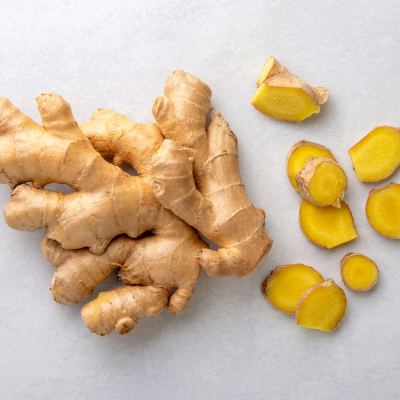
Alleviates nausea and promotes digestion.
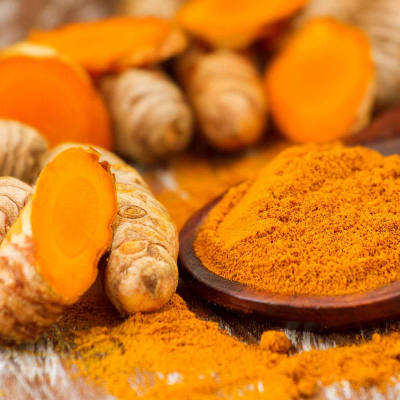
Antimicrobial and anti-inflammatory properties.
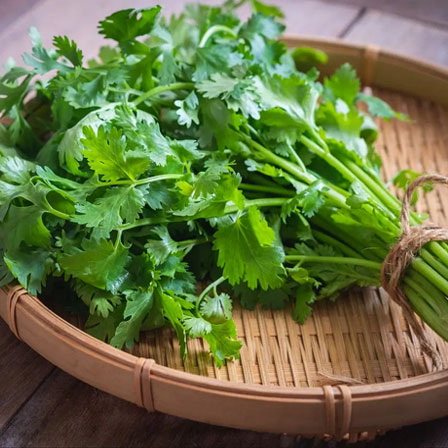
Helps cool the stomach and reduce Pitta.
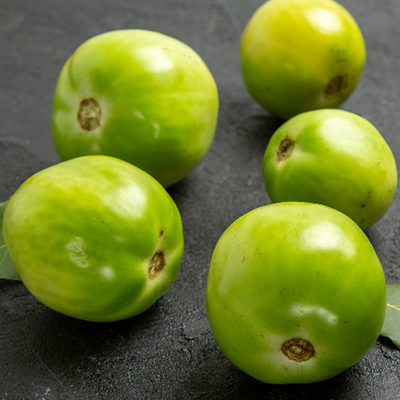
Detoxifies and boosts digestion.
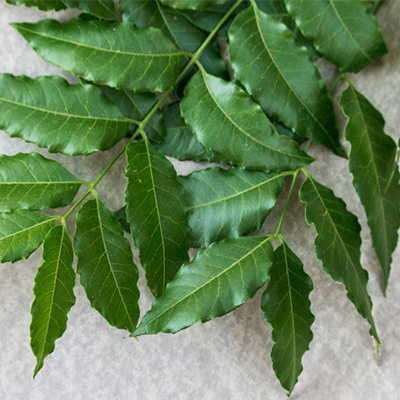
Acts as a natural antimicrobial and blood purifier.
